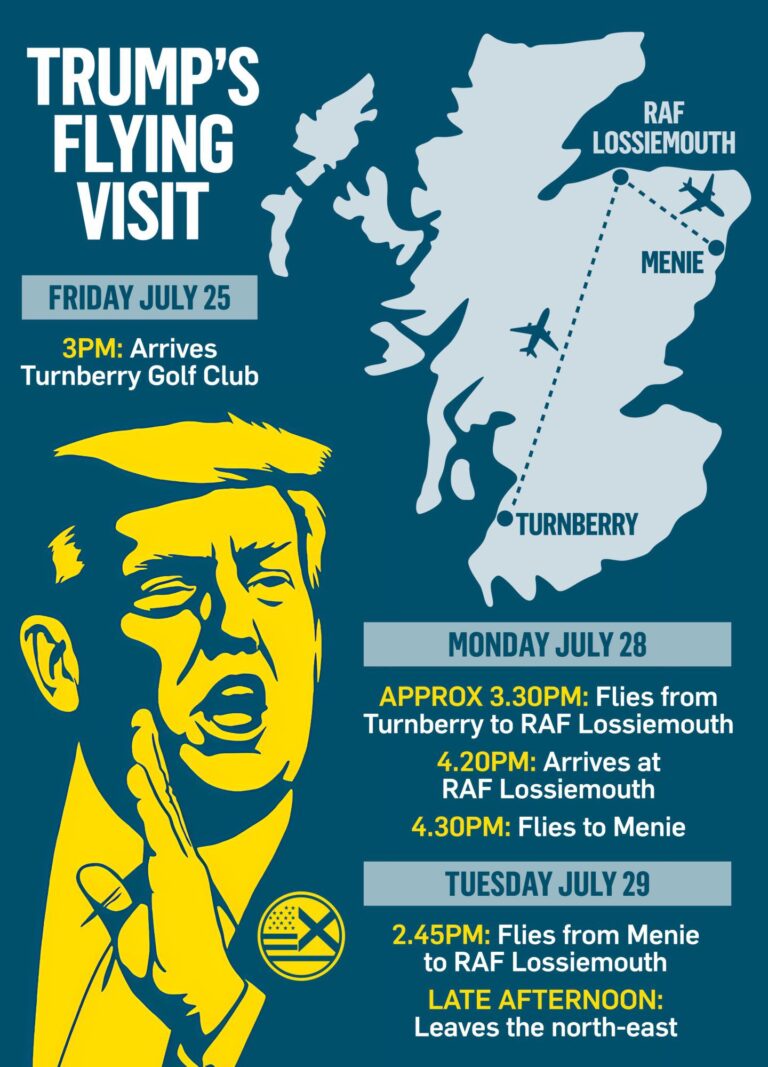Alliance hardens the front line as Poland, France, Denmark and the UK surge air and missile defenses
NATO has unveiled Eastern Sentry, a new defensive posture designed to reinforce the alliance’s eastern flank following the incursion of Russian drones into Polish airspace. Led by NATO’s European command, the operation brings French Rafales, Danish F-16s, a frigate, and additional ground-based air defenses from France, Denmark, Germany and the UK. The aim is to plug known gaps, improve communications across the front, and ensure forces can be concentrated rapidly where needed. Warsaw welcomed the move as active deterrence that underscores the credibility of Article 5.
Clear consequences for provocation
European leaders have treated the drone incursions as a deliberate test of NATO resolve. Paris is deploying three Rafales to Poland, while London announced fresh sanctions targeting Russia’s shadow fleet and dozens of entities in third countries that feed Moscow’s war machine with electronics and chemicals. Polish leaders rejected claims that the breach was accidental, insisting that credible deterrence requires clarity and consequences. For allies focused on sovereignty and security, the message is straightforward: NATO territory is not a gray zone.
Burden-sharing and industrial readiness
Eastern Sentry comes alongside deeper defense industrial cooperation. Denmark is expanding joint production with Ukraine and encouraging Ukrainian firms to establish operations in Denmark, while Poland and Ukraine will train on anti-drone defense. The UK signaled long-term commitment with a high-level visit to Kyiv. For Europe, this is a test of stamina as much as strategy: higher and sustained defense spending, more integrated air defenses, and prepositioned munitions are essential to keep pressure on Russia and maintain stability along NATO’s frontier.
Managing escalation with unity and rules
At the UN, the United States reaffirmed that it will defend every inch of NATO territory, as Russia and Belarus began a long-planned joint exercise that added to regional unease. Moscow speaks of dialogue, yet its actions and airspace violations undermine trust. The responsible course is steady and firm: tighten allied rules of engagement against unmanned intrusions, harden critical infrastructure, and keep channels open for de-escalation without granting impunity. Peace is best preserved by strength and predictability.
Cutting the fuel to Putin’s war
Ukraine has intensified long-range drone strikes against Russian oil infrastructure, including targets linked to the shadow fleet that helps finance the Kremlin. London’s new sanctions go to the heart of that revenue stream. Europe and partners should now widen maritime enforcement, insurance and tracking measures to choke off illicit shipments and starve the Russian war effort. Deterrence on the border and pressure at sea serve the same purpose: safeguarding Europe’s security and the rules that underpin Western stability.





